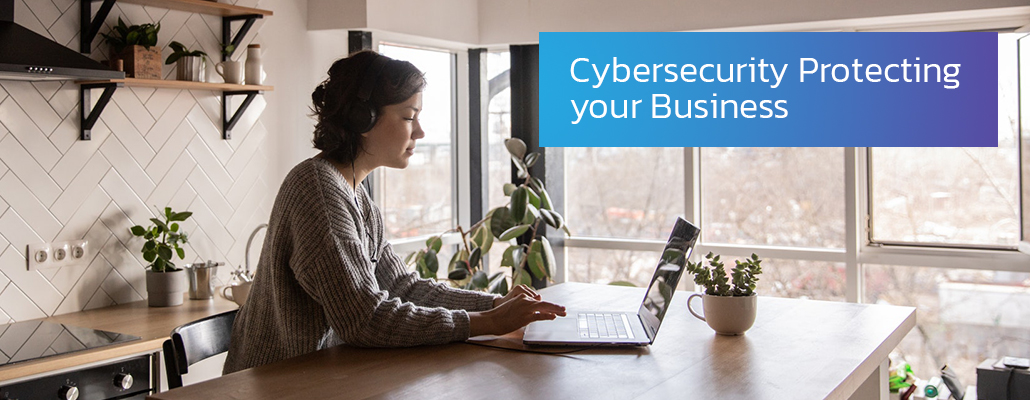
While teleworking during the Coronavirus outbreak can help slow the spread of the virus, it introduces many challenges and risks. We at PamTen want you to know that we are here to assist you and your company make it through these unprecedented times. We are all in this together! Please feel free to contact us with any technology questions you may have.
While there is no guide or playbook to follow for what we are currently experiencing, there are some simple steps you can take to protect your systems and data as your business transitions to a Work-From-Home model.
Online Security Tips
For more information, please email John Mendes at john.mendes@pamten.com. Stay healthy!